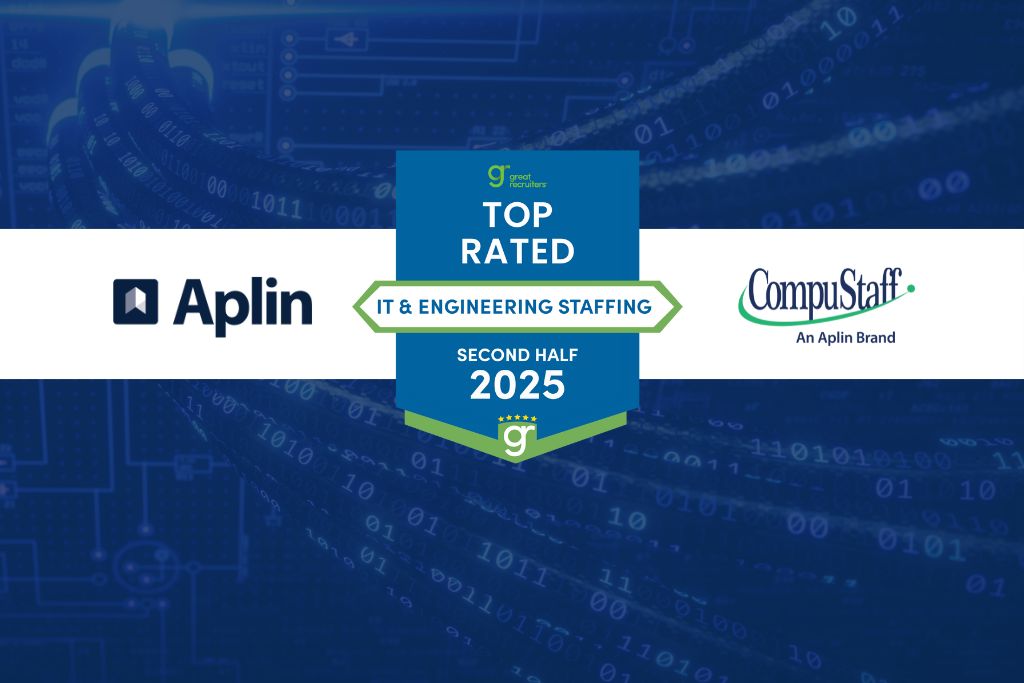5 Signs Your Hiring Process Might Be Costing You Top Talent
Share This Article
As a staffing firm, we work with candidates and hiring managers every day. One thing is clear across all industries and job levels: a company’s hiring process speaks volumes. It is often a candidate’s first impression of your organization, and if that experience feels slow, unclear, or impersonal, even the strongest job offer may not be enough to win them over. The best candidates are not waiting around. They are evaluating your process as much as the role, and if it feels disorganized or impersonal, they will likely move on.
Below are five signs your hiring process might be working against you, based on honest feedback from candidates and everyday challenges we see across employers.
1. Delays in Communication
Strong candidates are proactive. If your process stalls between interviews or candidates wait weeks for feedback, they will likely move on. We often hear from candidates who say they were excited about a role, but lost interest after a period of radio silence.
In a competitive market, speed signals interest. Delays, even unintentional ones, can suggest indecision, lack of alignment, or poor internal communication.
Staffing Insight:
Set clear internal targets or timelines for the expected completion time for each step of the hiring process. Even a quick check-in from your recruiter can keep candidates engaged while decisions are being finalized.
2. Unclear or Overly Broad Job Descriptions
Job seekers want clarity. If a job posting is vague, loaded with buzzwords, or contains an endless list of responsibilities and must-haves, candidates may self-select out. We have seen highly qualified professionals decline to apply simply because they could not understand the job’s actual responsibilities.
Staffing Insight:
A clear, concise job description that defines the purpose of the role, the key responsibilities, and what success looks like will attract better applicants and reduce mismatched interviews.
3. Too Many Interview Rounds or Decision-Makers
The longer and more complex your interview process, the more likely you are to lose candidates midstream. We often work with clients who are unsure why interest drops off, only to discover that candidates are being asked to complete five interviews, multi-day assessments, or conflicting requests from different stakeholders.
Candidates want to feel like their time is respected. Repetitive interviews or unclear decision-making structures can be discouraging.
Staffing Insight:
We encourage clients to simplify their process. Three stages or fewer are ideal. Make sure everyone involved is aligned on evaluation criteria, so interviews are focused, efficient, and do not overlap.
4. Inflexible Offers or Work Models
Flexibility is no longer a perk. For many candidates, especially mid- and senior-level professionals, it is a baseline expectation. We frequently see top candidates turn down offers with substantial salaries because the organization would not consider hybrid work or decline to negotiate on start dates or benefits.
Staffing Insight:
We can help you benchmark your offer against market expectations and coach you into areas where flexibility is possible without compromising business needs.
5. Lack of Follow-Up or Candidate Closure
Candidates understand that not every interview will lead to a job. Still, how you handle the process matters; if someone is left hanging, it can leave a bad impression and may even discourage others in their network from applying in the future. A single poor experience can influence how your brand is perceived by others in their network, including future applicants you may want to attract.
Staffing Insight:
Your staffing partner can close the loop with candidates, gather feedback, and keep the experience positive. This helps protect your employer brand and keeps talent interested in future roles with your company.
In today’s market, candidates are evaluating your process just as much as you are evaluating their fit. For candidates, the hiring process is a preview of what working with you will be like. That first impression can make or break their decision to say yes. Even minor missteps can lead to significant losses when it comes to top talent. Delays in feedback, rigid expectations, or a lack of clarity can be the reason a great candidate chooses to go elsewhere. And most of the time, those breakdowns are avoidable.
If you are struggling to convert strong candidates or keep seeing drop-off mid-process, it may be time for a process health check. We can help you identify gaps, streamline your approach, and deliver a hiring experience that sets you apart from the competition.




